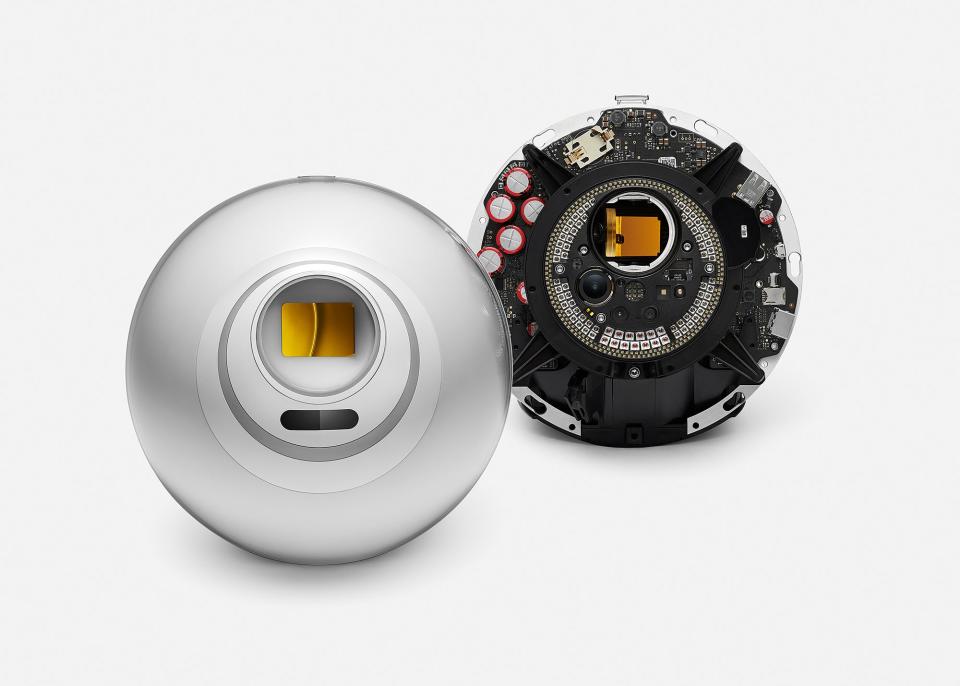Sam Altman's Worldcoin Integrates With Identity Management Software Okta as It Pushes Into Germany

Worldcoin, the blockchain identity project co-founded by OpenAI CEO Sam Altman, has integrated with Okta and is launching its identity protocol, World ID, in Germany, the firm said in a Thursday press release shared with CoinDesk.
World ID verification is coming to Germany, such that users will be able to get fully verified using custom-designed hardware that employs biometric data. The Orbs, as the hardware is called, will be available around the country, starting in Berlin.
Okta is an identity and access management software provider with "hundreds of millions of users" and is aiming for billions, according to a blog post on its website written by Chief Technology Officer Hector Aguilar and Chief Architect Jon Todd.
A "Sign in with Worldcoin" option is now available on Okta's Auth0 marketplace for authentication solutions so that developers can adopt it as a sign-in option on their apps alongside Google or Facebook. World ID is Worldcoin's identity protocol, which uses zero-knowledge proofs and biometrics to verify an individual is human and unique.
In order to be fully verified by the Worldcoin protocol, users have to have their irises scanned at one of the Orbs, available in select locations throughout the world. Orbs scan users' irises and deploy artificial intelligence to create unique codes, or cryptographic IDs. The processing of the biometric data into an ID happens in near real-time, and the resulting digital key is stored on users' devices. By default, the Orb doesn't store data captured during the process.
Users can opt to have their data retained, but "if they do that, then their data is encrypted, and then it can be used for things like improving the accuracy and inclusivity of the models," and the user can always revoke permission, said Tiago Sada, head of product, engineering, and design at Tools for Humanity, the company building Worldcoin.
World ID says it is more private than other sign-in options like Google, "because you still preserve the privacy guarantees of the protocol behind the scenes, even though the developer doesn't have to deal with that," Sada said. By integrating with Okta, Worldcoin can be made available into thousands of applications with developers essentially just flipping a switch and making minor code changes, said Sada.
What's more, World ID helps developers and applications distinguish between humans and bots, given that it uses biometric data, such that it can better combat fraud attempts.
Worldcoin has 1.9 million users in 30 countries, according to the World App.
CORRECTION (June 29, 15:04 UTC): Corrects number of founders of OpenAI in first paragraph, an earlier version of this story had referred to a duo.
Read more: Black Market for Worldcoin Credentials Pops Up in China

 Yahoo Finanza
Yahoo Finanza 